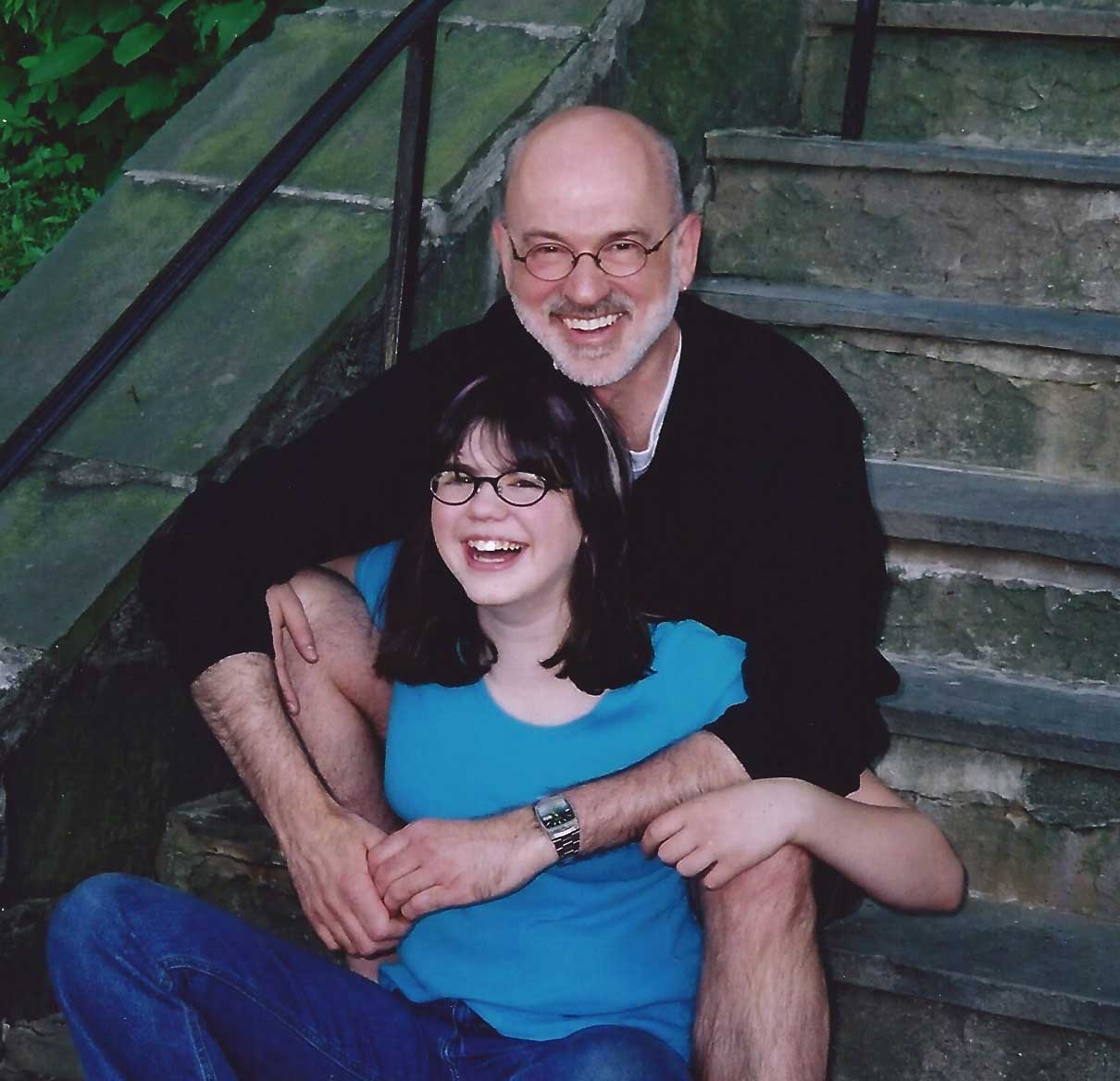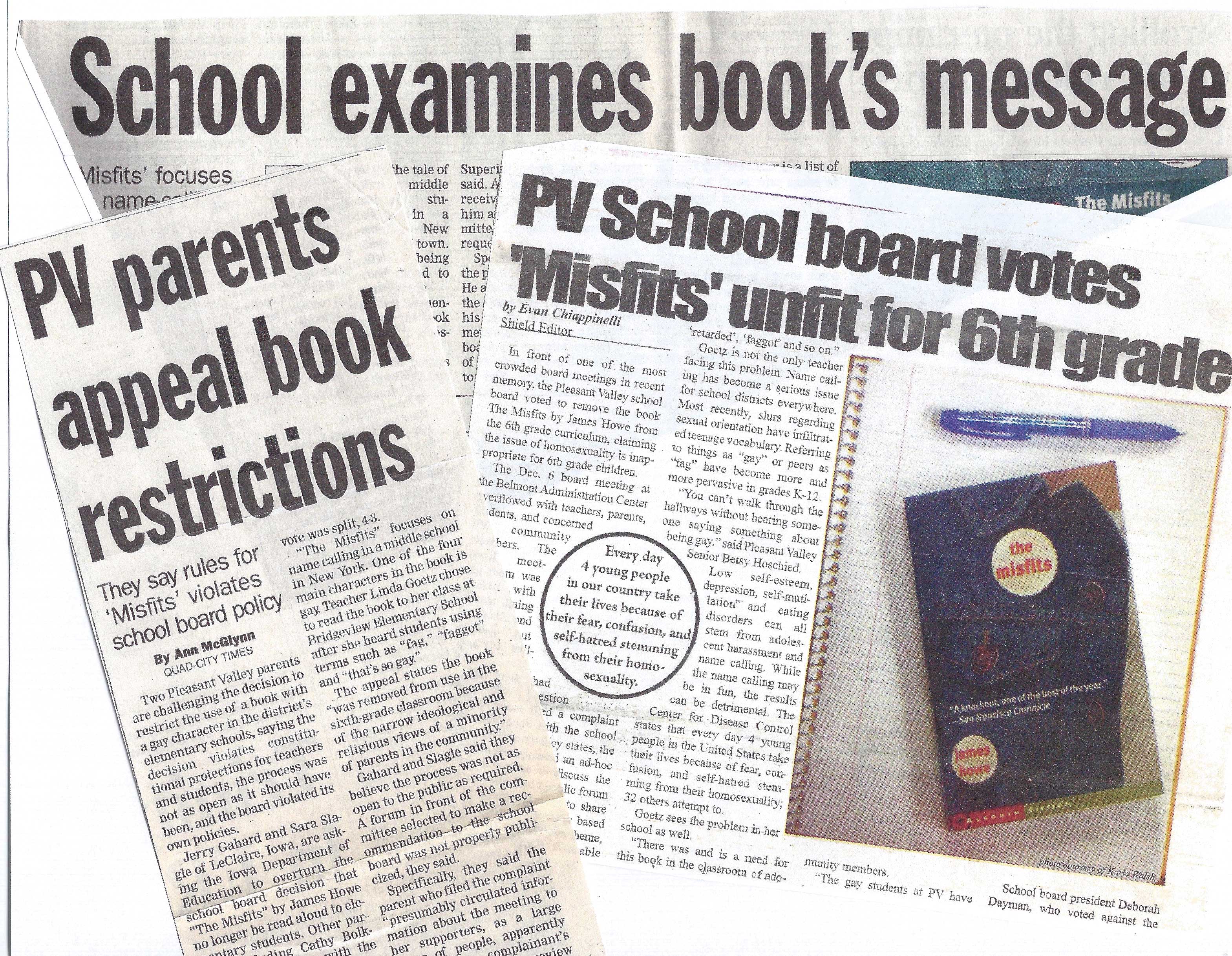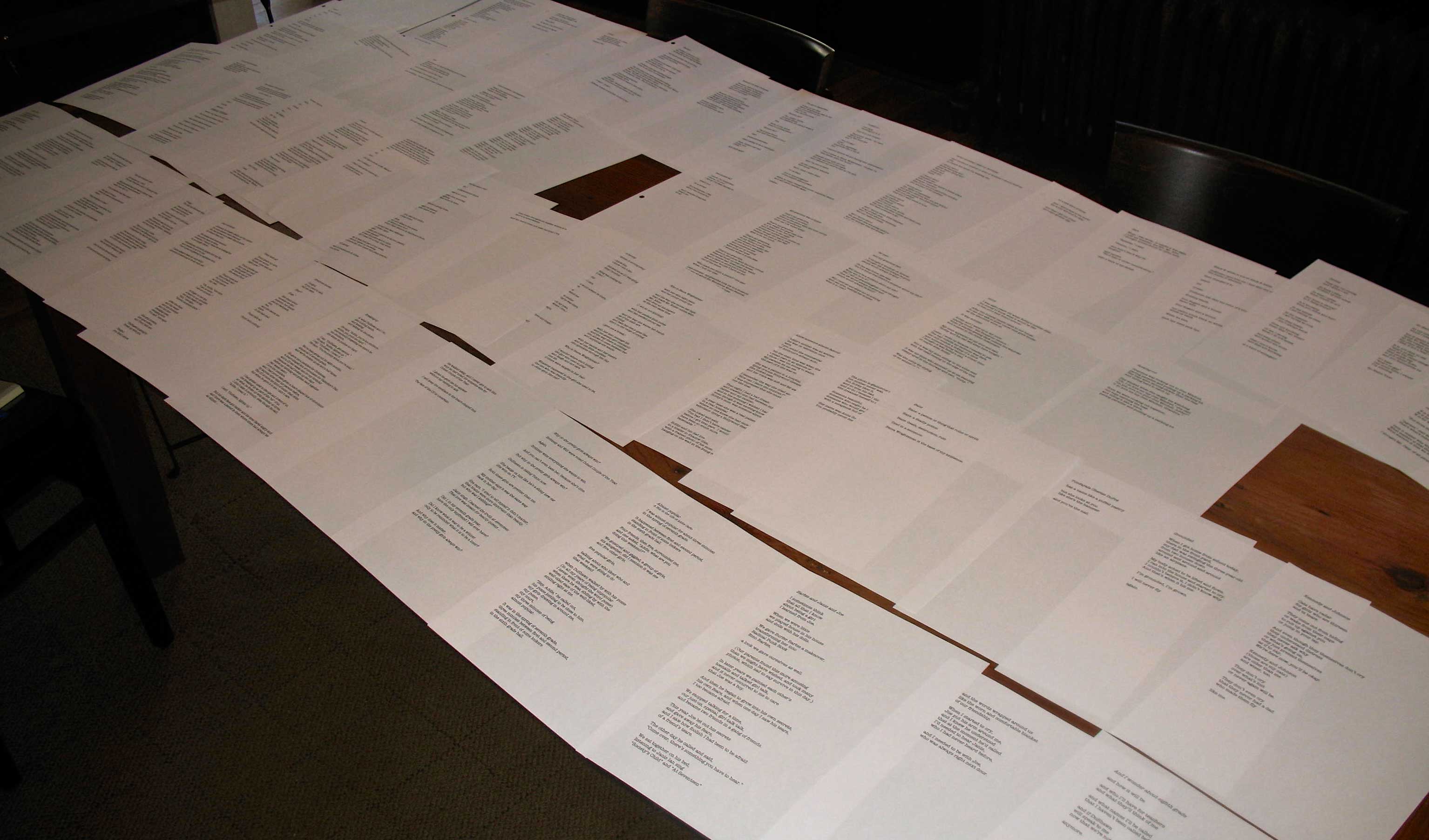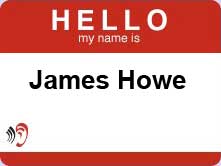TeachingBooks.net is delighted to welcome award-winning author James Howe as our featured guest blogger.
Each month, we ask one distinguished author or illustrator to write an original post that reveals insights about their process and craft. Enjoy!
“Books & Bullying: Writing to Celebrate Difference”

Photo by John Maggiotto
I like to say that I began writing before I knew how to write. By that I mean that I made up stories, acting them out with my dolls and stuffed animals, turning them into plays to perform with my neighborhood friends, or dictating them to my father, who would then type them out on the manual typewriter his father gave him when he was a young man. Writing, in my head and on paper, was my way of making sense of the world and my place in it.

For a boy who played with dolls and stuffed animals more often than he played with bats and balls, making sense of my place in the world was no small accomplishment. By the time I had a daughter struggling with her own sense of identity, I was an established writer whose themes had long been the acceptance of others and the celebration of difference in oneself. Even so, I felt helpless as I watched Zoey being teased and cast out in middle school.

“Why does this have to go on?” I asked myself. “Why are kids, especially those in the middle school years, so cruel to one another? Why can’t they see that being different only means being oneself?”
These were the kinds of questions that led me to write The Misfits (S & S, 2001). Adopting the voice of a character from a short story I had abandoned earlier, I quickly found my way to four seventh graders–best friends who feel good about who they are, but are perceived as different. The four decide to run for student council on a platform promoting the end of name-calling in their school.
There isn’t much I can say about the process of writing The Misfits. It is one of the rare books that truly seemed to write itself, which I suspect had to do with the urgency of the subject matter, as well as the inclusion of Joe Bunch, an out-and-outrageous, gay-and-girly twelve-year-old—a stand-in for the boy I wish I could have been.
Though it didn’t happen when The Misfits was first published in 2001, Joe was pretty much the reason the book came under attack after it inspired the national anti-bullying movement No Name-Calling Week, which was launched in 2004. No Name-Calling Week has been attacked for its “gay agenda,” when of course its only agenda is to make life more bearable for children like my daughter and those whose perceived differences turn them from multidimensional human beings into one-dimensional targets of cruelty and hate.

After years of speaking in elementary schools about my writing process, I now find my time divided between them and middle schools, where I talk with students about bullying, name-calling, and the acceptance of difference. I am energized by this work, and have been inspired by it to write three more books about the characters in The Misfits.
Joe was the first to get his own book, because he was the one that most students wanted to know more about. In writing Totally Joe (S & S, 2005), I slipped into his character even more comfortably than I had in The Misfits. Some of his stories are mine. The format for that book was suggested to me by an assignment given by one of Zoey’s teachers: use the letters of the alphabet as keyword chapter headings to tell your story. I dubbed this an “alphabiography,” and I am happy to report that a number of language arts teachers are now using the same format with their classes.
 I chose to write Addie On the Inside (S & S, 2011)—the story of Addie Carle, the one girl in the group—through poems, which I loved doing, but clearly the format contributed to the fact that it took me four years to write the book! At one point I spread the poems out on my dining room table so that I could shuffle them around and find the storyline.
I chose to write Addie On the Inside (S & S, 2011)—the story of Addie Carle, the one girl in the group—through poems, which I loved doing, but clearly the format contributed to the fact that it took me four years to write the book! At one point I spread the poems out on my dining room table so that I could shuffle them around and find the storyline.

laid out on the dining room table
The last book, Also Known as Elvis (S & S, 2014), tells a more personal story of Skeezie Tookis, who is dealing with a broken family and a broken heart. But even in Skeezie’s book, I explore the impact of being different and being bullied.
These books and these characters have given me the opportunity to tell my own story, the story of a boy who once felt different and used his imagination and his words to make sense of the world and his place in it. They have given me a forum from which to speak to young people today—about who they are and who they want to be.

Hear James Howe share the story of his name.
Watch James Howe read an excerpt from Totally Joe.
See all resources available for James Howe.





Dear Mr. Howe,
I was that teacher at PV who had the book challenged in my sixth grade classroom. Many parents went out and bought the book for the library. We challenged the school board at the state level, but lost because the board hadn’t broken the law. Forget about the students whose hearts they broke. I since left sixth grade and went on to teach eighth grade language arts. I introduced the book to many kids who had never heard of The Misfits. The grade school librarians were afraid to use it for a long time. Thus, many kids came to know this series of books. I also had The Absolute True Diary of an American Indian challenged, but I told my principal to, “Bring it on!” I would never go down without a fight in the media again. The parents backed down, but were allowed to take their student out of my classroom. That was a first for me in 26 years. Oh well, it felt good and worth it. I still kept using the book. I am retired now and working very part time with ESL students. I can’t wait to read Also Known as Elvis. Keep up the good writing to help educate all students.
Sincerely,
Linda Goetz
Dear Mr. Howe,
My class and I just finished a series book study of Pinky and Rex. We read Pinky and Rex and the Mean Old Witch and Pinky and Rex and the New Neighbor. We were analyzing the character of Pinky. We thought it was a little unusual that Pinky reached out to Mrs. Morgan in the Mean Old Witch by giving her cookies, yet was kind of mean and judgmental toward Ollie in the New Neighbor. We thought he would have learned his lesson from his experience with Mrs. Morgan. We were wondering if there was any reason why you decided to have Pinky react in these two different ways? We really loved the books! They were very fun and entertaining. We can’t wait to read more!
Sincerely,
Mrs. Miller and Her Class
Dear Mr. Howe,
The class and I read two of your books, Pinky and Rex and the Perfect Pumpkin and Pinky and Rex and the Double Dad Weekend to help us with our realistic fiction unit.
We discussed our point of view on how Rex reacted to being or feeling left out in Pinky and Rex and the Perfect Pumpkin. Many of us would have tried to just ignore Abby when she was being mean. We also would have tried to continue to include ourselves in the activities. However, none of us would have smashed Goofus like Rex did. We understand why she would ruin Goofus, but think she could have gone to her grandparents instead and had them help her with Abby and the others.
It was interesting to read the author’s note and find out your daughter and niece encouraged you to write the book Pinky and Rex and the Perfect Pumpkin when they were in third grade. Was it their idea to have Rex smash Goofus? If not, where did the idea come from?
Thank you for writing books about topics kids have to deal with everyday. We enjoyed your books and cannot wait to read more.
Sincerely,
Ms. Siudzinski’s Class